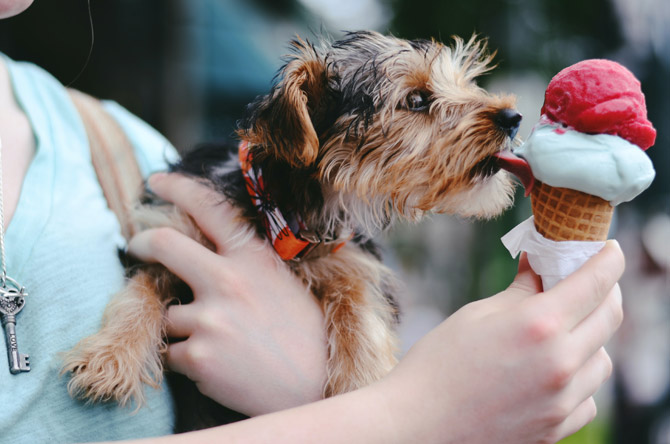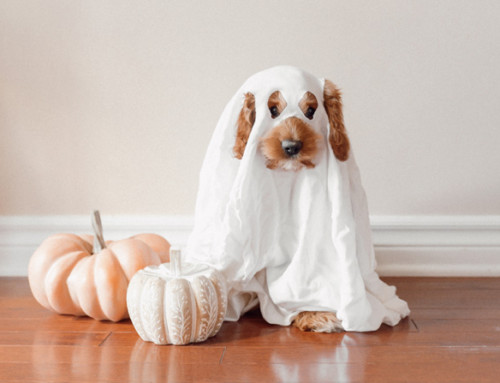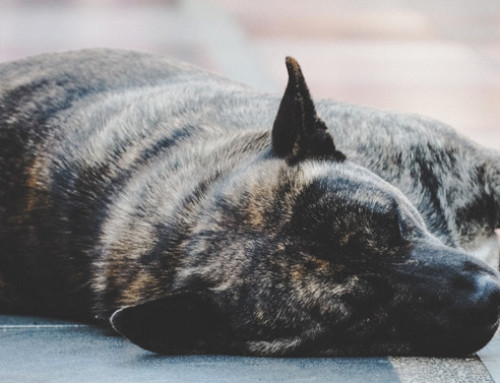The third full week in March is National Animal Poison Prevention Week. This fantastic initiative focuses on educating pet owners on what things can potentially poison their pets. It’s also a ‘pawfect’ time to clue up on the signs and what action to take if your pet is poisoned.
Without a doubt, as responsible pet owners, our focus is on keeping our four-legged friends happy and healthy. This means knowing which foods, plants and other substances are toxic to pets and keeping them out of the way.
Sure, it’s likely we’re all aware that insecticide is bad for our fur babies, but what about something as seemingly innocent (and, let’s face it, tasty!) as chocolate. Add common indoor and outdoor plants to the pet poisons list and all of a sudden your mind is spinning.
Indeed, when it comes to pet poison prevention, knowing the most common pet toxins is paramount. Let’s take a look at the common pet poisons topping the list of culprits.
Top 10 pet toxins
Pet poison prevention 101 is all about identifying the most common bad boys when it comes to pet toxins. Luckily, the American Society for the Prevention of Cruelty to Animals (ASPCA) releases an annual list of harmful toxins for pets.
According to the lists from the last couple of years, these are the poisons we should be keeping an eye out for.
1. Over-the-counter medicines
In particular, pet owners are advised to watch out for ibuprofen, naproxen, cold medication and herbal supplements. Make sure you always put the lids back on your medicines and store them in a safe place, away from curious pets.
2. Prescription medicines
Attention deficit hyperactivity disorder (ADHD) medicines, antidepressants and heart medicines are the biggest culprits.
3. Toxic foods
When it comes to human foods and pet poison prevention, the ordinary offenders include grapes and raisins, as well as garlic, onions and the sugar substitute xylitol. The latter is often found in sugar-free chewing gum, mints and other lollies.
4. Chocolate
Mmmn, you might love chocolate but that doesn’t mean your pet does. Actually, given half the chance your furry friend would probably love to scoff some chocolate; little do they know how bad it is for them. Chocolate contains the compound theobromine, which dogs and cats metabolise very slowly and is toxic at certain doses. So, when your dog or cat is around – steer clear of the chocolate!
5. Veterinary products
Pet medicines are generally chewable and tasty – to encourage your fur pal to take them without too much fuss. However, there have been cases in which dogs have chewed through the container and eaten the entire contents! Number one rule; treat pet medicines like human medicines and keep them away from your pet!
6. Household craft and cleaning products
DIY home improvement products and craft items, such as paint and glue, can be jam-packed with yukky toxins. Sure, they’re not necessarily super tasty, but pets still love to sniff ‘em out and devour some of the contents.
7. Rat bait
I’m sure it comes as zero surprise that eating rodenticide is REALLY bad for pets. Why they eat it I do not know. However, the results are not good. Eating rat bait can cause internal bleeding, seizures, kidney failure and even death.
8. Plants
While dogs and bones are a match made in heaven, cats and lilies do not go hand in hand. Keep your kitty away from lilies as, according to the ASPCA, in 2019 most of the severe cases of pet poisoning involved cats and lilies.
9. Insecticide
Now the good news is, the cases of pet poisoning due to insecticide exposure dropped from 6.2% in 2018 to 5.1% in 2019. This is likely due to the fact more pet owners are aware of the dangers of insecticide and practice safer storage.
10. Garden products
Finally, be mindful of your gardening products when it comes to pet poison prevention. Yes, you might keep your fertilizer and herbicides neatly locked away in your garden shed; but what if Bob the curious cat manages to get in there? Always make sure toxic gardening products are out of paws’ reach!
Worries your pet has been poisoned? The Animal Poisons Helpline is a FREE information resource for pet owners. Call 1300 TOX PET or take a look at their website.
Want to know more about pet poison prevention? Check out these related blog posts:







Leave A Comment